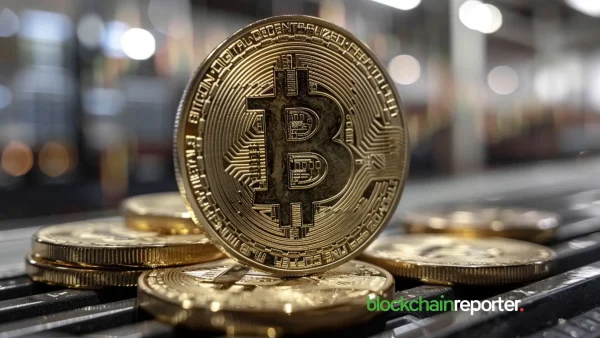
Grayscale’s Court Victory and its Implications
JPMorgan indicates that the U.S. Securities and Exchange Commission (SEC) might soon approve several spot Bitcoin exchange-traded fund (ETF) requests, a development coming on the heels of Grayscale’s recent courtroom success.
Should the SEC decide to retract its earlier consent for futures-based Bitcoin ETFs, it would have to justify its prior rejection of Grayscale’s bid to transform its Bitcoin trust into an ETF. Such a decision, however, would place the SEC in an awkward position and likely tarnish its reputation. Given these implications, JPMorgan experts, including Nikolaos Panigirtzoglou, believe the more plausible outcome is the SEC’s eventual approval of the numerous spot Bitcoin ETF applications in the pipeline, inclusive of Grayscale’s.
A federal court ruling earlier reinforced this perspective. The judgment found no valid grounds for the SEC’s disparate treatment of Bitcoin futures-based ETFs versus spot Bitcoin ETFs. The court highlighted the strong correlation between the spot Bitcoin and CME Bitcoin futures markets, which makes concerns about potential fraud or manipulation pertinent to both markets. Consequently, the court deemed the SEC’s refusal of Grayscale’s bid as “arbitrary and capricious.”
Potential Wave of Approvals on the Horizon
Last Thursday, the SEC divulged its plan to postpone decisions on several spot Bitcoin ETF proposals, from financial giants like BlackRock, Fidelity, and Invesco, to at least mid-October. Such a delay, as per JPMorgan’s analysis, possibly indicates a batch approval strategy, which would prevent any one firm from having a competitive edge.
This collective approval approach can offer potential advantages for investors, as it may fuel fee competition amongst ETFs. Specifically, if Grayscale gets the nod for its trust transformation into the world’s largest Bitcoin spot ETF, it may feel compelled to revise its fee structure.
Market Impacts of Potential Approvals
While Grayscale’s recent legal win undoubtedly edges the approval of spot Bitcoin ETFs closer to reality, JPMorgan’s analysts maintain that this doesn’t necessarily herald a major shift in the crypto market dynamics. Despite the presence of spot Bitcoin ETFs in regions like Canada and Europe, they haven’t made significant inroads in capturing investor attention. The recent outflows observed from gold ETFs have not been redirected to Bitcoin funds either. The experts underscore that while spot Bitcoin ETFs hold certain advantages over their futures counterparts, these advantages are comparatively minor.









